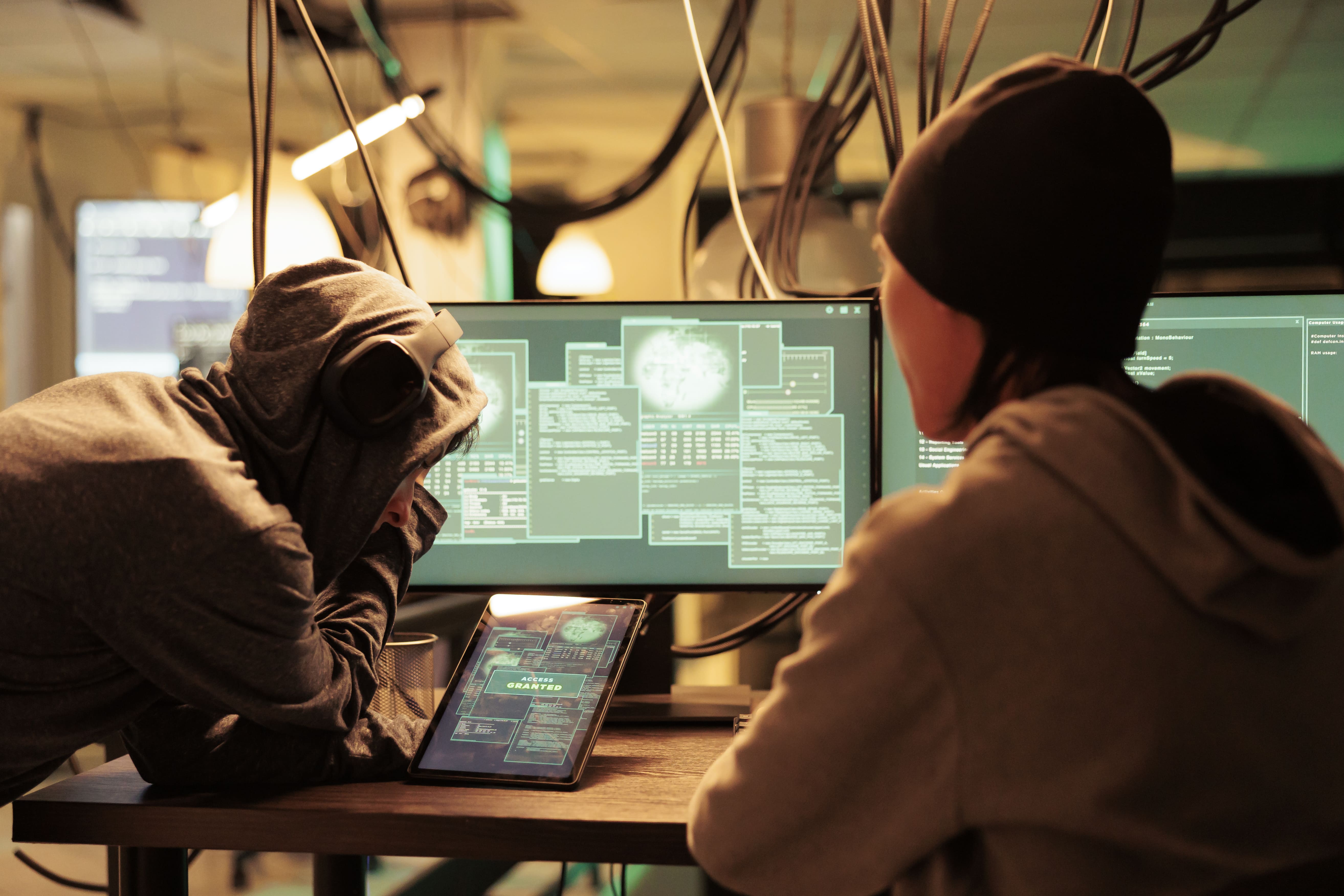The Importance of Computer Forensics
Explore the significance of computer forensics in combating cybercrimes and resolving disputes as our reliance on technology continues to grow.
Explore the significance of computer forensics in combating cybercrimes and resolving disputes as our reliance on technology continues to grow.


Computer forensics is the practice of investigating and analyzing computer systems to gather legal evidence. It involves the identification, preservation, extraction, and documentation of computer-based evidence that can be used in court. The field covers a wide range of devices, including desktops, laptops, tablets, smartphones, and servers.

Have you been compromised or leaked data of your company and now you want to investigate? Do you want to learn about a guide to computer forensics and investigation? This will answer all the queries about forensics.
Computer forensics The Digital World is a specialized field focused on identifying, preserving, analyzing, and presenting digital evidence.
Whether it’s for investigating cybercrime, recovering lost data, or gathering evidence for legal cases, computer forensics is essential in today’s digital landscape.
at your digital point Computer forensics experts analyze data stored on computers, mobile devices, and other digital platforms to uncover relevant information.
provide the following services This process includes recovering deleted files, tracing unauthorized access, detecting malware, and analyzing user activity to build a clear picture of events.
Digital evidence gathered through computer forensics can be critical in cases of fraud, theft, data breaches, and other cybercrimes.
The Digital World Where Lived - In a digital world, almost every crime or dispute has a digital footprint. Computer forensics provides concrete evidence that can be used in legal proceedings, insurance claims, or internal investigations. This field ensures that digital data remains secure, reliable, and can stand up to scrutiny in court.
The Importance of Computer Forensics At Digitrace, our computer forensics team is equipped with the latest tools and expertise to handle complex digital investigations.
We work meticulously to gather and analyze digital evidence, ensuring a thorough and accurate report that supports your needs, whether for legal, personal, or business purposes.
If you need expert computer forensic services, Digitrace is here to help. Contact us to discuss your case and let us assist you in preserving, analyzing, and presenting digital evidence with integrity and professionalism.
Computer forensics, also known as digital forensics, is the process of identifying, preserving, analyzing, and presenting digital evidence in a manner that is legally acceptable. It involves the examination of computers, mobile devices, and other digital storage media to uncover data and artifacts that can be used in legal investigations or to solve crimes. Computer forensics is a key field in cybersecurity, law enforcement, and corporate investigations, playing a critical role in criminal justice, data breach investigations, and regulatory compliance.
Data Recovery: One of the primary tasks in computer forensics is recovering lost, deleted, or encrypted data. Forensic investigators use specialized tools and techniques to retrieve files that have been intentionally or unintentionally deleted. This may involve analyzing disk structures, file systems, and other storage methods.
Legal and Ethical Considerations: Computer forensics professionals must follow strict legal and ethical guidelines to ensure that evidence is admissible in court. This includes obtaining appropriate warrants, ensuring consent when necessary, and following established chain-of-custody protocols. Failure to adhere to these standards can result in evidence being dismissed or the investigator facing legal repercussions.
Network Forensics: This involves capturing and analyzing network traffic to detect malicious activity or unauthorized access. Network forensics tools help track the flow of data over a network and can uncover attack vectors, intrusions, or unauthorized communications that may be involved in cybercrimes.
Conclusion - Computer forensics is a crucial discipline in today's digitally driven world. It involves the systematic process of uncovering, preserving, and analyzing digital evidence to help solve crimes, protect organizations, and ensure justice is served. As technology continues to advance, so too will the tools and techniques used by forensic experts to stay ahead of cybercriminals and effectively address the growing challenges in the digital realm.